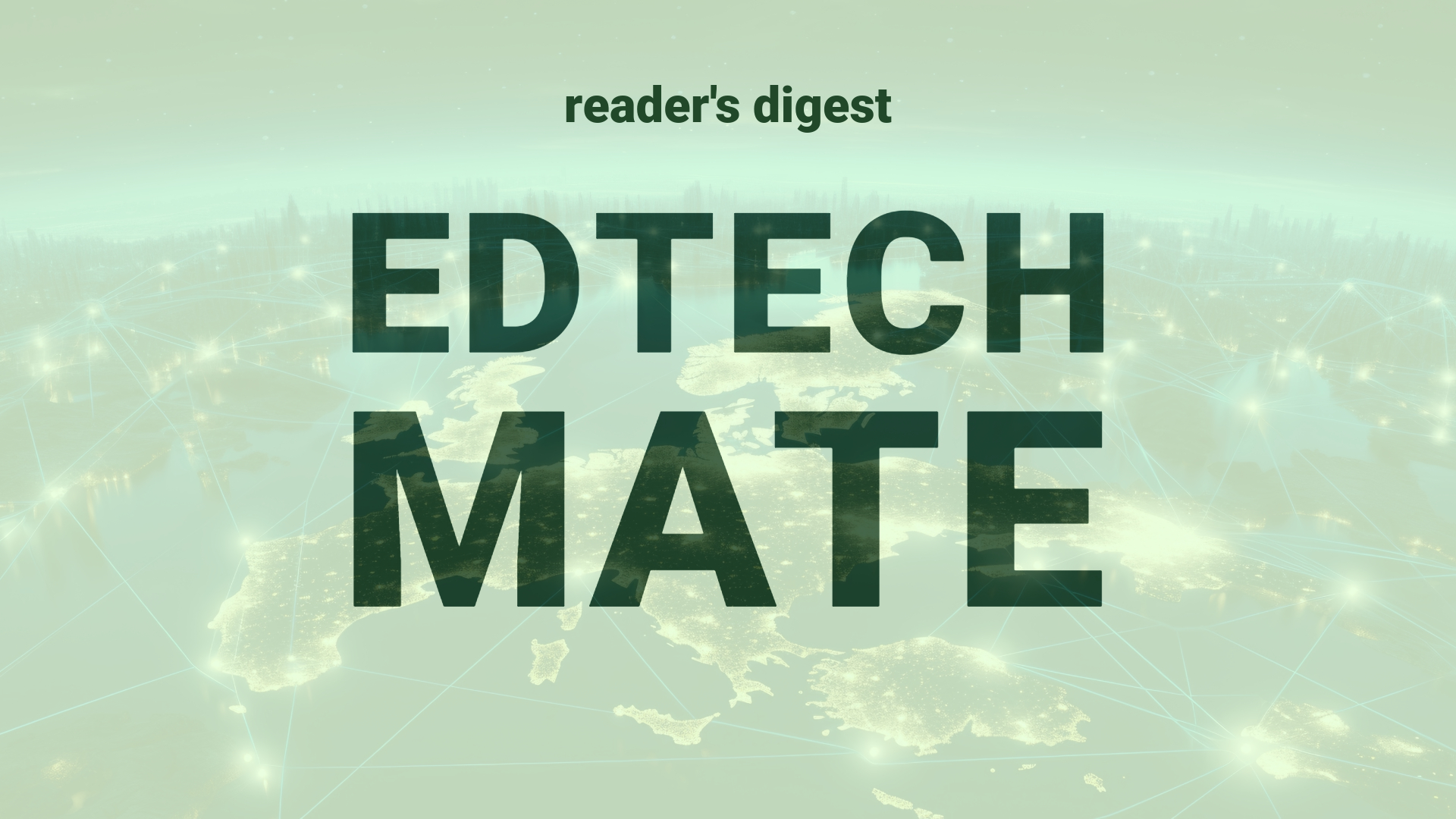Executive Summary and Main Points
Technological innovations in the energy sector, with a focus on electric power systems, are presenting new strategies and challenges. Huawei’s Vice President of the Electric Power Digitalization Business Unit, David Sun, outlines the shift from load-based to source-grid-load-storage power generation under uncertain environmental conditions. Highlighted is the integration of digitalization with electric power scenarios to maximize digitalization and intelligence. Key to addressing the systematic electric power system challenges are grid-based capabilities for sources, loads, and networks, service strategies to achieve grid autonomy, efficient “brain” control linkage, market-oriented interactions for supply-demand balance, and building digital capabilities centered on a digital foundation and open ecosystems. Noteworthy is the use of four technologies—edge computing, reliable network backhaul, high-speed power line carrier communication, and a cloud-based digital platform—to create a systematic digital infrastructure.
Potential Impact in the Education Sector
Developments in the energy sector, such as grid-based digital capabilities and integrated service strategies, could significantly influence Further and Higher Education as well as Micro-credentials. By establishing effective partnerships with technology leaders like Huawei, educational institutions can benefit from enhanced operational efficiency, predictive analytics, and smart campus initiatives. Strategic collaborations may result in energy-savings, improved campus infrastructure, and pedagogical advancements through the integration of digitalization in curricula, involving data analytics, and AI. Micro-credentials could emerge focusing on these emerging digital and intelligent technologies, thereby upskilling the workforce in the energy and education sectors.
Potential Applicability in the Education Sector
Innovative applications involving AI and digital tools based on Huawei’s approach could include the creation of intelligent educational environments that are adaptive to the needs of students and faculty. Adopting grid-based capabilities could mean personalized learning experiences and predictive analytics for student performance. The open ecosystems can foster collaborations that integrate cross-disciplinary knowledge, especially in STEAM fields, enabling on-demand access to a wide range of academic and industrial capabilities and nurturing the development of future-ready skills.
Criticism and Potential Shortfalls
While these advancements are promising, challenges such as the digital divide, cultural adaptation, and ethical concerns persist. Adoption of such technologies in international education requires consideration of varying degrees of infrastructure maturity, access to resources, and alignment with diverse curricular standards. Real-world case studies show disparities in the successful implementation of such intelligent systems across different regions due to these factors. Ethically, the collection and use of data in educational settings raises questions around privacy and consent, necessitating careful governance strategies.
Actionable Recommendations
Educational leadership should consider forming strategic alliances with technology firms to guide the integration of digitalization and AI into their infrastructure. This might include pilot projects for smart campus development, investment in modular micro-credentials, and professional development programs focused on digital competencies. Engaging in global forums to share best practices could foster equitable technology adoption, while the formulation of ethical guidelines for AI use in education should be prioritized to address privacy and bias considerations.
Source article: https://www.cio.com/article/2096062/leading-infrastructure-to-accelerate-electric-power-intelligence.html

